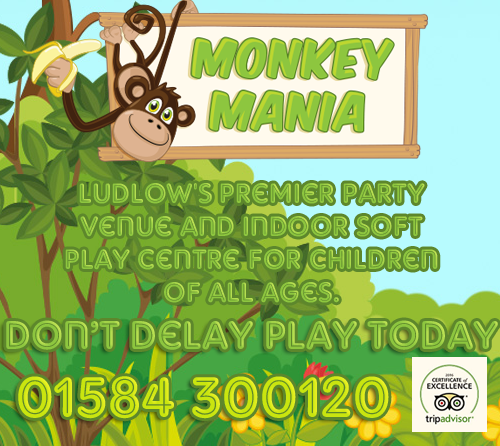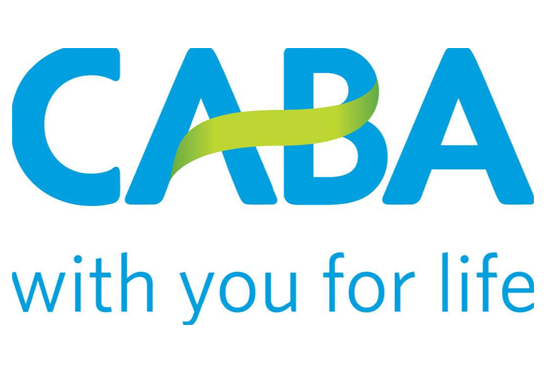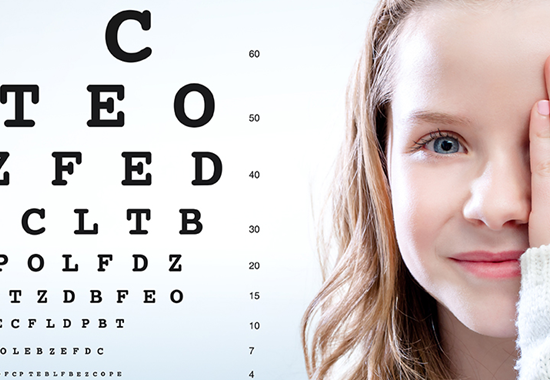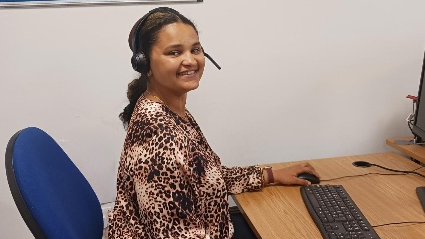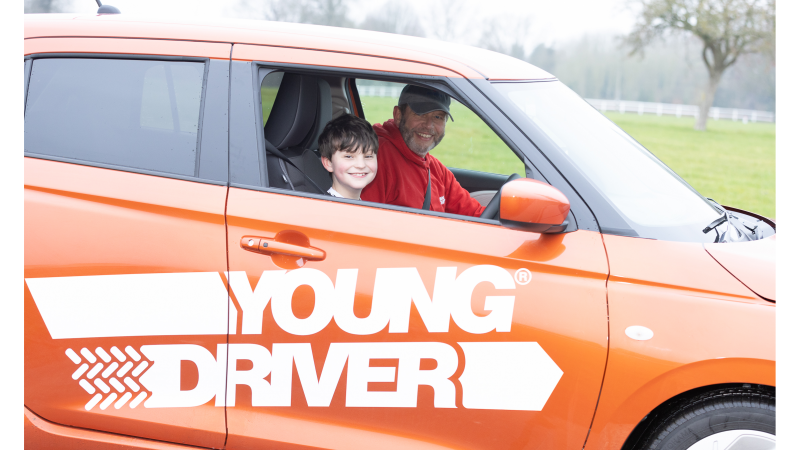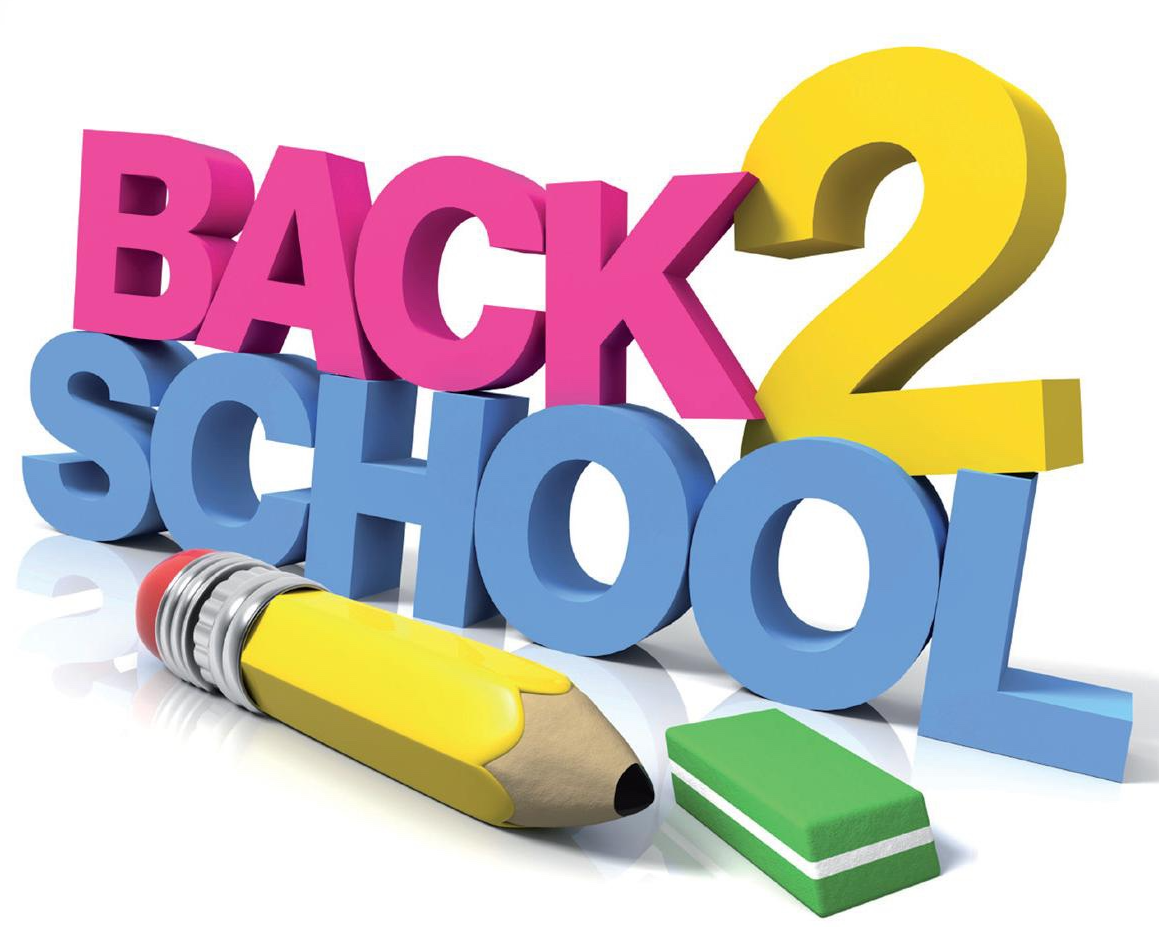Child Development: The Importance of This Post-Lockdown
Health & Well-being 1k
Added by:
Shropshire Mums on Fri May 7 13:08 2021
With the roadmap
out lockdown bringing hope of life returning to normal in the coming
months, we are seeing businesses and schools gradually reopen once again. The
absence of schools has been particularly difficult over the last years, as these
play an integral part to children’s development and socialisation. With the
pandemic forcing the closure of schools during the first lockdown, a recent Ofsted report
suggests that children’s development of basic skills, such as being able to use
a knife and fork, have been affected as a result.
Here, we discuss the importance of child development
post-lockdown and why this should be set as a priority.
Educational development
In terms of children’s academic learning abilities, the
report also suggests that these have fallen back to fluctuating levels. Although
not every child had the advantage of being able to be home-schooled during
lockdown, there are ways you can help support their academic development now
they have returned to school.
To test your children’s basic numeracy and reading skills
there are some fun ways you can do this. For example, ask them to point out 20
objects in the house and count them out loud, or count how many ingredients are
needed to bake some cupcakes. This is a great way to embed fun into their
academic development at home.
Keeping up to date with their homework assignments now that
schools have reopened is essential. To help recognise if they’re struggling
with the homework, don’t just leave them to work it out for themselves.
Regularly ask them if they need help.
For the youngest of children, reading books to them will
help improve their literacy abilities. It will also encourage their interest in
reading and writing.
Andrew Leech, owner of baby products supplier Babythingz,
explains: “It is apparent that the lockdown has had consequences across our
society, and the lack of routine for toddlers and school children is going to
impact their mental health, as well as their cognitive learning behaviours.
“It doesn’t come as a surprise that concentration levels are
dipping among children after such a long period outside of the classroom. A
routine makes learning easier for young people, and when that is removed, it
becomes difficult for them to engage with their previously learned behaviour.
“Although COVID-secure measures need to be adopted, we know
that having children in nursery and back in the classroom as soon as possible
will only aid their development.”
Social skills
Communicating with and being around others are key aspects
of children’s socialisation. Playing outside with their friends is now possible
once again, as long as social distancing rules are followed. Therefore, it is
beneficial for you to encourage them to get out of the house and socialise.
According to Ofsted, older children in particular may have their social
abilities and concentrations spans affected over lockdown. The report suggests
that online social media arguments are being taken back to the classroom now
that schools have reopened. This negatively impacts both their academic
learning and positive social communications.
If you feel your child is struggling to adapt back to seeing
peers at school, there are some self-help techniques you can practice at home
with them to help combat this.
·
Pick up on their interests: As children
grow and develop their own personalities, they will learn where their interests
lie. Whether this is in sport, toys, or instruments, encourage them to talk
about it and join a social club of some sort once things re-open again.
·
Set an example: Be conscious about how
you interact and socialise with friends and family around you. For younger
children, they notice everything happening around them while being pushed
around in their baby
pushchairs. So how you talk to others during these walks will impact how
they talk too.
·
Roleplay conversations: Whether you have
a young or older child, roleplaying conversations and acting different roles
will help your child prepare for socialising in real scenarios.
Potty training
When it comes to potty training, children have taken a step
back, according to a recent Ofsted report conducted with 900 schools. Children
between the ages of 18 months to three years old should begin to realise when
they need to go to the toilet and be potty trained. Ensuring that you recognise
the signs that suggest your child is ready to progress from nappies is vital.
The top three signs are:
·
If they appear to acknowledge and take interest
in other people using the toilet. This is a sign that they are ready to learn
the same.
·
If before, during, or after they have soiled a
nappy they tell you they have done so, this suggests that they are aware of the
process and are ready to begin potty training.
·
Their nappy is dry for two or more hours. This
shows they are now capable of holding urine in their bladder.
As part of a child’s primary socialisation, potty training
should be set as a priority. So, spotting the signs that they are ready to
ditch the nappy is vital for development to take place – especially as they
return to nursery and school where being toilet trained will be useful.
Mealtime mannerisms
As mentioned above, when it comes to using a knife and folk
the Ofsted report suggests that children are struggling with this concept. By
the age of five, children should have begun learning how to cut and spread food
with a knife. By seven, children should be able to use a knife and fork
together to cut up food without assistance. If your child seems to be
struggling with these skills over lockdown, there are ways you can help them:
·
Give your child as many opportunities to use
cutlery as they can. Practising this skill daily will help them learn.
·
When they are holding cutlery, ensure their
index finger is pointing down the back of the knife or fork.
·
Break down each step of the cutting process by
getting them to hold down the food with a fork while you cut it for them.
·
Although it is often thought that using a fork
in your non-dominant hand and your knife in the other is easier, allow them to
explore what they feel is the most comfortable.
It might seem like being able to use cutlery isn’t a major
life skill at a young age, but this is the start to them learning new and more
complex skills as they grow.
According to government plans, life as we knew it should
return soon. When it does, your child must be prepared to renter the world that
is outside the comfort of their own home. To ensure they have the basic skills
required, finding ways to support your child’s development to the best of your
ability is something that will pay off in the long run.
Sources
https://www.betterhealth.vic.gov.au/health/HealthyLiving/toilet-training#
http://toolkit.capta.org/programs/family-engagement/how-to-support-student-learning-at-home/
https://www.nhsggc.org.uk/kids/resources/ot-activityinformation-sheets/using-a-knife-and-fork-information-sheet/
https://www.nhsggc.org.uk/kids/resources/ot-activityinformation-sheets/using-a-knife-and-fork-information-sheet/
https://blog.brainbalancecenters.com/2017/06/6-ways-improve-childs-social-skills








